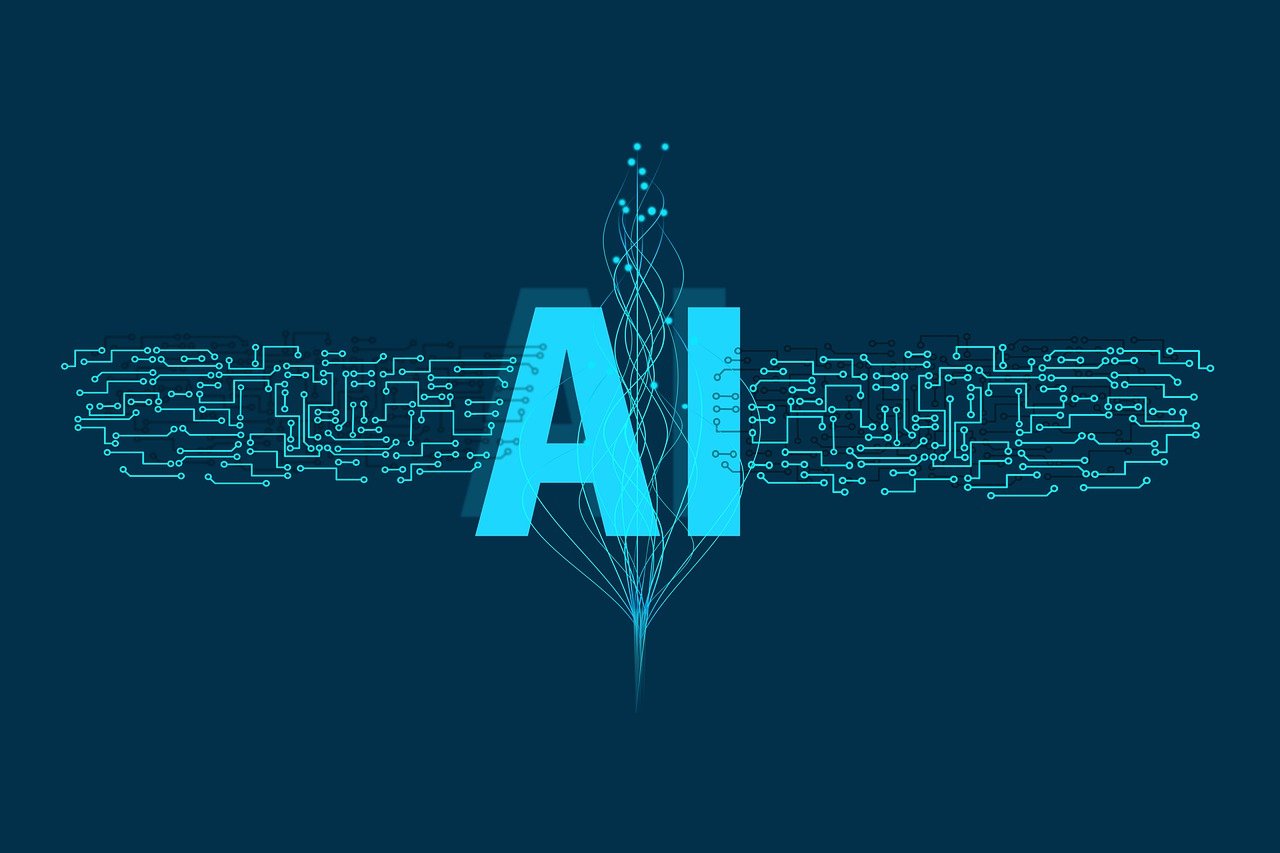
The idea of AI is no longer unfamiliar. It has become a part of our everyday routines, with various applications providing personalized information according to our choices.
AI has become prevalent in various fields, including education, which can significantly benefit from its implementation. Yet, numerous schools and educators have hesitated to incorporate AI, such as ai paper writer, into their teaching approaches due to a lack of understanding about its potential and positive impact on the education system.
This article will examine the advantages and disadvantages of implementing AI in education.
Pros of AI
-
Organized Information
Nowadays, it is uncommon for teachers and students to search the library for materials. The convenience of Google has made it possible to quickly access any information we need. Whether we are looking for sources for an assignment or seeking an essay writing service to help with citations, the internet has the solutions. Yet, finding these resources can still be difficult.
Nowadays, platforms like PaperTyper offer valuable assistance to students by providing precisely what they need. These platforms offer study materials that are pertinent to their needs, eliminating the need for students to create study plans on their own.
-
Individualized Learning
A standout use of AI in education is individualized learning. Increasingly, schools are moving away from a generalized curriculum and towards tailored learning experiences for each student. It is not feasible for teachers to individually address the needs of every student in a classroom. However, with the consent of their parents or guardians, AI solutions can gather data on students’ abilities and provide personalized guidance.
AI can adeptly tailor courses and offer students challenges aligned with their strengths and areas for improvement. Platforms like PaperTyper and Essay-generator are crafted to deliver individualized learning paths for students. In addition, these platforms can analyze patterns and predict students’ academic performance.
-
It is better suited for students with unique needs or disabilities
AI plays a crucial role in improving the life quality for individuals with disabilities. Similar to personalized learning, AI provides improved resources for individuals with disabilities. For instance, software like Nuance’s speech recognition can transcribe words for students who struggle with writing or have limited mobility. By utilizing these solutions, teachers can now provide study materials that cater specifically to the unique needs of these students like never before.
-
Immersive Learning
In our current education system, the emphasis has traditionally been on students memorizing information rather than genuinely comprehending it. However, the advent of AI offers us the chance to alter this focus. AI can create an interactive and engaging classroom learning environment by incorporating Virtual and Augmented Reality. This means that students can now have the chance to discover the wonders of the galaxy, observe famous landmarks from around the world, and engage in many other exciting learning experiences. Additionally, AI-powered virtual beings like avatars and digital assistants can extend this immersive learning experience beyond the confines of the classroom.
-
Intelligent Tutoring Systems
Although it is a familiar idea, AI has played a crucial role in refining its shortcomings. With the assistance of Intelligent Moderation, educators and mentors can enhance their ability to analyze information. Consequently, this will lead to improved grading systems and ultimately improve efficiency within the classroom.
Artificial intelligence (AI) systems can recognize patterns and notify teachers about them. As a result, teachers can gain a deeper understanding of students’ behaviors and develop a customized study timetable that caters to their specific needs.
Cons of Artificial Intelligence
-
Cost
While AI technology is undoubtedly impressive, it also entails substantial expenses. Besides the high upfront cost of AI products, additional payments are associated with upkeep and repairs. Moreover, as the implementation of AI necessitates more digital devices, the energy consumption required for operating schools will skyrocket. This means that schools must allocate larger budgets to accommodate these growing costs. Additionally, they will need to devise strategies to manage power consumption effectively. As a result, only financially robust educational institutions can benefit from AI.
-
No Personal Connection
If and when we entirely rely on AI for education, these programs can take the place of teachers in various ways. The bond between teachers and students, as well as the influence it has on behavior, is a significant aspect of schooling. Rather than enhancing teaching efficiency, we may become entirely reliant on technology. AI will only intensify this dependency if we aren’t excessively attached to technology.
-
Unemployment
Though the software industry is experiencing significant growth, artificial intelligence (AI) can potentially replace numerous school employees soon. AI can handle administrative tasks and teaching responsibilities, offering solutions for various educational aspects. Online learning allows for unlimited class capacities, and the addition of AI could exacerbate unemployment issues in the education field.
-
Information in Wrong Hands
In today’s world, converting information into digital form is necessary. Yet, as with all technological progress, students’ data is susceptible to breaches. If this data falls into the wrong hands, schools face potential misuse of personal information.
The possibility of AI is thrilling. Some people argue that the benefits are more significant than the drawbacks. The question is, for what purpose? It is long overdue for our educational system to be updated, and AI can guide us toward the correct path. However, we must establish limits on the amount of power we entrust to machines and their intelligence.

